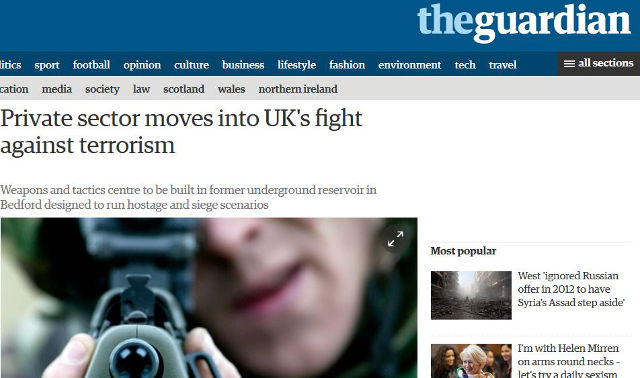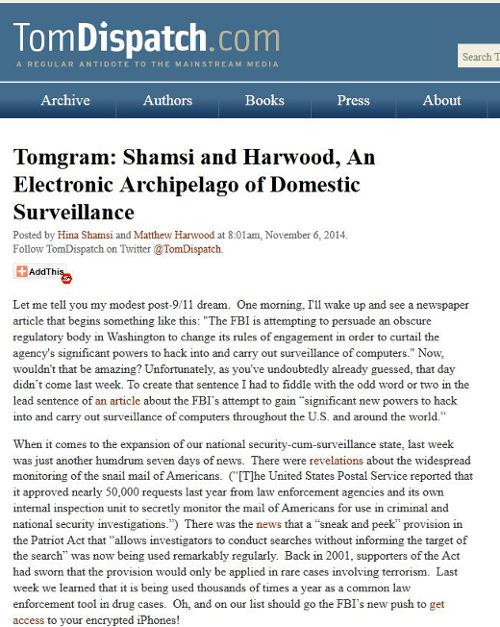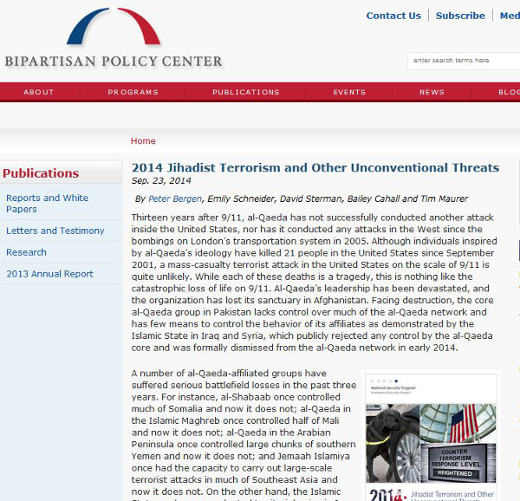Of course the private sector has benefited immensely from the fight against terrorism! This did not start with the 9/11 attacks in New York but that heinous act did put a huge amount of money into the (global) fight against terrorism. Metal detectors, new weapons, bullets and transport, new security infrastructure construction, radiation detectors, emergency preparedness gear, hiring of thousands of new security related personnel and bureaucrats, cyber security software and services, body scanners and on and on. We point out this small anecdote from the United Kingdom as an example of how underplayed the role of and benefits to the private sector have been, from this unending war on terrorism.

Terrorism has been good business for the public and private sectors
The private sector is moving into the fight against terrorism as British police and the military are to be offered the chance to hone their skills at a state-of-the-art weapons and tactics centre in a former underground reservoir.
The £20m independent National Firearms and Tactical Training Centre (NFTTC) to be built in Bedford will feature specialist weapons ranges and live-fire houses that can be decked out to create realistic hostage, siege and terrorism scenarios. (The Guardian)



